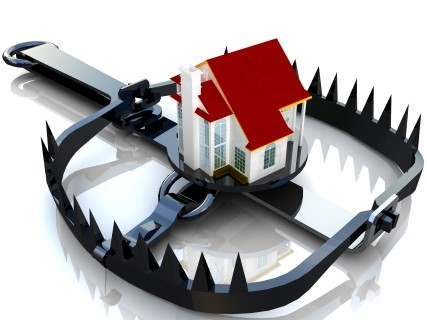
China property developers to suffer from slower sales growth
Listed developers' profits down to 26.6% in 1H from 37% in 2012.
The recent sales uptrend in the Chinese property market may have come to an end, as sales growth slows and the government shifts its focus towards curbing the asset bubble, notably in Tier 1 and Tier 2 cities, said BMI.
According to the research house, the trend will put downward pressure on the earnings of mainland Chinese property developers, especially at a time when their profit margins are deteriorating.
"Since the People's Bank of China slashed the minimum down payment for home buyers in February 2016, mainland real estate developers have benefitted from surging property sales. However, they are under growing pressure to consolidate and transform their businesses, given that the boom in property sales has not translated into improved profitability due to rising land acquisition costs and a limited flow of credit to the real estate sector," it said.
It expects earnings of mainland-listed Chinese real estate firms to face downside risks over the coming quarters.
Here's more from BMI:
Although the Chinese property market boomed in 2016, the surge in home sales has not fully translated into profits for property developers, largely due to a significant increase in land acquisition costs.
Based on our analysis of 27 mainland-listed developers, both the net profit and gross profit margins of real estate developers have been declining since 2012. Gross profit margins in particular have declined sharply to 26.6% in H116 from 37.0% in 2012.
We expect property developers' profit margins to continue to shrink, given that fixed costs - particularly for land acquisition - remain at high levels (especially
in Tier 1 and major Tier 2 cities) while property sales growth slows. According to Wind, the average land auction premium rose significantly to 84.0% in
September 2016 compared with only 27.0% by the end of 2015, with a sample of 100 major cities in China. The relative shortage of land supply, combined with high demand, will keep land costs elevated - at least in the short term.
In addition, the deceleration of property sales will further drag down margins, following the implementation of new property curbing measures in October.
In fact, property sales have showed signs of waning momentum, as reflected by gross floor area sold grew by 25.9% y-o-y in October compared with 38.1% y-o-y in September, according to the National Bureau of Statistics.
























 Advertise
Advertise






